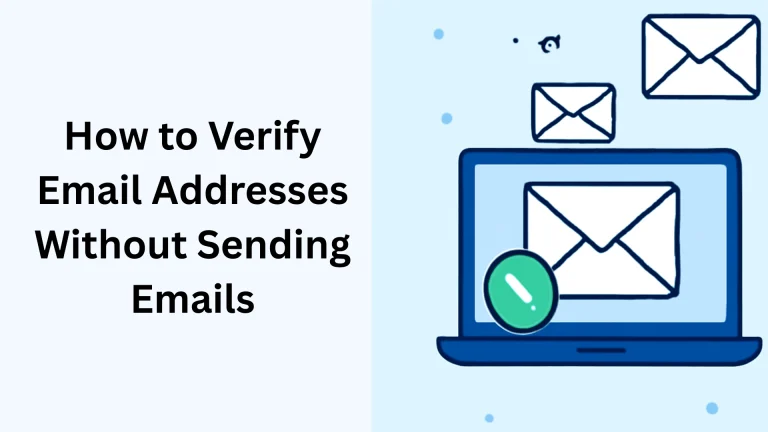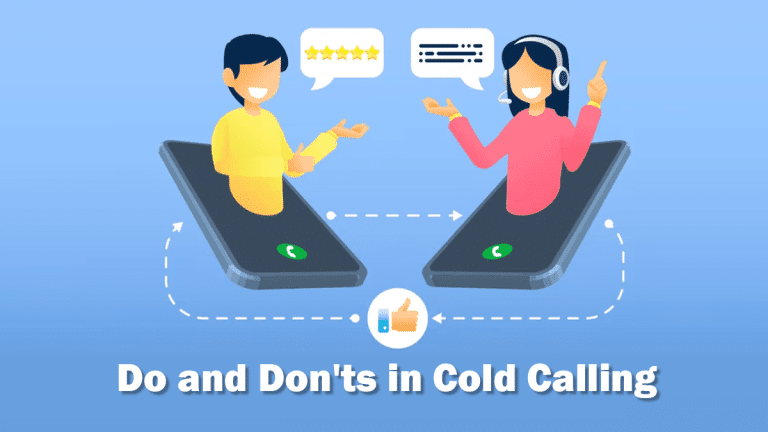Content Marketing 101: How to Make Your Content Pop with AI
Content marketing has evolved from a nice-to-have strategy into the backbone of successful online businesses. The fundamental principle remains unchanged: every piece of content you create should serve dual purposes. It should deliver value to your audience while strategically converting readers into loyal subscribers.
This powerful combination transforms casual browsers into engaged community members and eventually into paying customers. This turns what might have started as a passion project into a thriving revenue-generating machine.
Understanding the Value-First Approach
The foundation of effective content marketing lies in genuinely understanding your audience’s pain points, aspirations, and daily challenges. When you create content that addresses real problems and provides actionable solutions, you establish yourself as a trusted authority in your field.
This isn’t about surface-level tips or rehashed advice that readers can find anywhere else. Instead, focus on delivering insights that come from your unique experience, research, or perspective. Share case studies from your own journey, provide detailed tutorials that walk readers through complex processes step-by-step, or offer frameworks that simplify overwhelming concepts into manageable actions.
The key to providing value lies in depth rather than breadth. Instead of skimming the surface of different topics, dive into one area where you can offer genuine expertise. This approach not only helps readers solve specific problems but also demonstrates your credibility and knowledge in a way that builds long-term trust.
The Art of Strategic Conversion
The best approach to convert your audience involves weaving conversion opportunities naturally into your content rather than tacking them on as afterthoughts. Throughout your blog posts, identify moments where readers might naturally want to go deeper or access additional resources. These moments present perfect opportunities to offer lead magnets, exclusive content, or deeper dives that require an email subscription.
The psychology of conversion relies heavily on timing and relevance. When you’ve just solved a problem for your reader or provided a valuable insight, they’re in a state of gratitude and engagement that makes them more receptive to taking the next step. This might involve offering a downloadable template related to the topic you just discussed, inviting them to join a community where they can get ongoing support, or providing access to case studies that elaborate on the concepts you’ve introduced.
Leveraging AI for Content Enhancement
AI can serve as a powerful research assistant, helping you identify trending topics in your niche, analyze competitor content to find gaps you can fill, and even suggest angles you might not have considered. By feeding AI tools information about your target audience and business goals, you can generate content ideas that are both relevant to your readers and aligned with your marketing objectives.
One of the most valuable applications of AI in content marketing is its ability to help you optimize your content for both search engines and human readers. AI-powered tools can analyze your drafts and suggest improvements for readability, identify opportunities to incorporate relevant keywords naturally, and even recommend structural changes that could improve engagement. This doesn’t mean letting AI write your content for you, but rather using it as a sophisticated editing and optimization partner that helps you refine your voice and message.
AI also excels at personalization, allowing you to create variations of your content that speak directly to different segments of your audience. You can use AI to adapt your tone for different platforms, create multiple headlines to test which resonates best with your audience, or even generate follow-up content ideas based on the performance of your existing posts.
Creating Systems for Sustainable Growth
The transformation from hobby to revenue-generating business happens when you create systematic approaches to content creation and distribution. For instance, AI tools can analyze your past content performance to identify patterns in what resonates with your audience. This will help you make more informed decisions about future content topics and formats.
Developing a content calendar that balances evergreen educational content with timely, relevant pieces becomes much more manageable when you have AI assistance. These tools can help you identify seasonal trends, suggest optimal posting times based on your audience’s behavior, and even draft social media posts that drive traffic back to your main content.
Measuring Success and Iterating
The most successful content marketers understand that measuring performance and improving based on data are key. AI analytics tools can provide deeper insights into how your content performs across different metrics, from engagement rates and time spent on page to conversion rates and subscriber growth.
These insights help you understand what and why your content performs well. By combining the power of AI with a commitment to providing value and strategic conversion opportunities, you create a content marketing approach that can scale effectively. You do this while maintaining the personal touch that builds lasting relationships with your audience.






